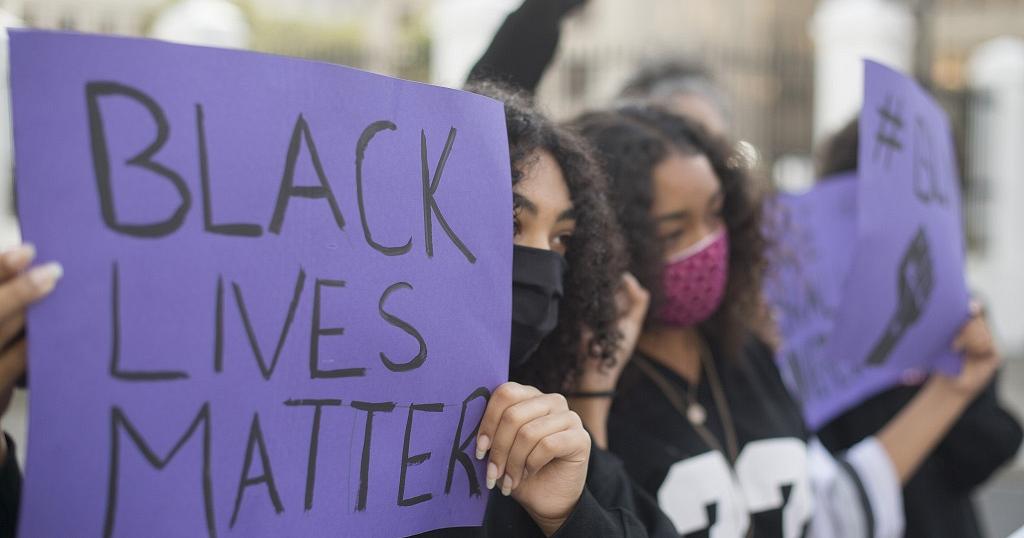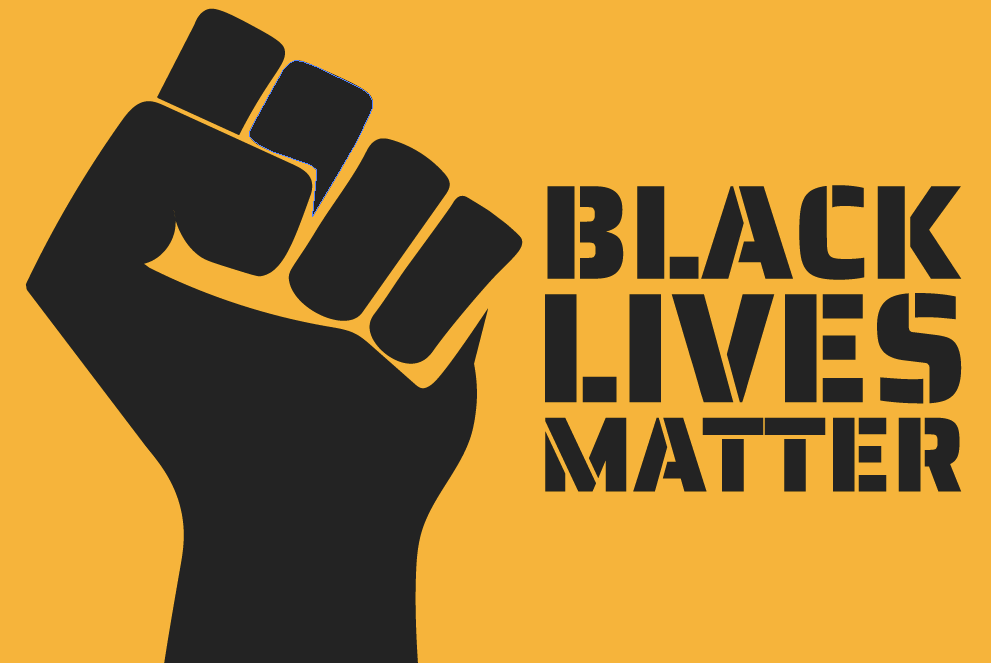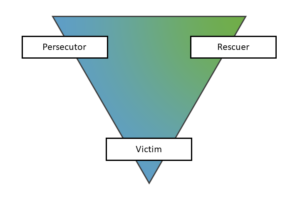
Black lives matter is shaking the world
The movement Black Lives Matter is shaking the world again, but will it reshape the world we live in? The movement in America re-triggered by the brutal murder of George Floyd under the knee of a white policeman has had repercussions far and wide. In the midst of a Covid 19 pandemic crowds have broken curfew to demonstrate in countries across the US, and Europe. When everyone is questioning the past and the present, this forces us who work in this field to ask what does this say about social work? What are the lessons for us and children and family service users, our profession and the institutions within which we work?
Black social workers in London
London is fortunate. It has a wealth of talented black and Asian, (and East European social workers) serving it. If black workers left London then the social services departments in London would literally be in a crises. Black social workers make an invaluable contribution to social work in London and the UK.

Lets recognise that social work IS political
If we start with the BASW code of ethics we read that “Social workers have a responsibility to promote social justice, in relation to society generally, and in relation to the people with whom they work.”
This means that our personal and professional responsibilities include – and I quote:
- “Challenging discrimination. Social workers have a responsibility to challenge discrimination on the basis of characteristics such as ability, age, culture, gender or sex, marital status, socio-economic status, political opinions, skin colour, racial or other physical characteristics, sexual orientation or spiritual beliefs.”
- “Recognising diversity. Social workers should recognise and respect the diversity of the societies in which they practise, taking into account individual, family, group and community differences.”
- “Distributing resources. Social workers should ensure that resources at their disposal are distributed fairly, according to need.”
- “Challenging unjust policies and practices. Social workers have a duty to bring to the attention of their employers, policy makers, politicians and the general public situations where resources are inadequate or where distribution of resources, policies and practice are oppressive, unfair, harmful or illegal.”
- “Working in solidarity. Social workers, individually, collectively and with others have a duty to challenge social conditions that contribute to social exclusion, stigmatisation or subjugation, and work towards an inclusive society.”
Racism in the UK
I’d like to propose that systemic racism is present and active at the core of our society. This means that black families and children are experiencing systemic discrimination in society. Here is a quick summary of facts from the Commission for Racial Equality that illustrate this.
Employment:
- Black workers with degrees earn 23.1 per cent less on average than White workers in Britain,
- Significantly lower percentages of ethnic minorities (8.8 per cent) worked as managers, directors and senior officials, compared with white people (10.7 per cent) and this was particularly true for African or Caribbean or Black people.
- Unemployment rates were significantly higher for ethnic minorities at 12.9 per cent compared with 6.3 per cent for White people
Criminal Justice:
- Police stop and searched black people 9.5 times more often than white people.
- Rates of prosecution and sentencing for black people were three times higher than for white people.
- BAME children are over represented in the youth justice system and more likely to receive more punitive, higher sentences than white children in the criminal justice system.
- The number of BAME children with a caution has doubled in the last 8 years.
- In England and Wales ethnic minority children and adults are more likely to be a victim of homicide.
Health inequalities
- A significantly disproportionate number of ethnic minorities are detained under mental health legislation in hospitals in England and Wales.
- Black African women are detained 7 times more often than White British women.
- Gypsies, Travellers and Roma suffer poorer mental health than the rest of the population in Britain and they were also more likely to suffer from anxiety and depression.
- Black women are 5 times more likely to die giving birth than white women in the UK.
Social care inequalities
A government study in 2006 identified the following inequalities in social care for BAME children.
- BAME children wait far longer to be adopted than white children, and have the lowest rates for adoption.
- Black children those of mixed heritage are very over represented amongst children in need and care.
- But children of Asian origin are under represented.
- Black children were in need at four times the rate of white children, and in care at three and half times the rate of white children.
- Black Caribbean children were twice as likely to be placed in residential care than white children.
- BAME children from all backgrounds tend to be looked after at an earlier age and remain looked after for longer.
- Children from an Asian background return home more often and sooner than children from other backgrounds.
Black lives matter – what are the implications for Social Work?
If we want black lives to matter more in social work then it is up to us. Here are some questions we should ask ourselves :
- How well do we ourselves recognise the subtle influence of racial stereotypes that exist in our culture and communities? These are pernicious socially constructed ideas and assumptions that limit expectations of BAME families, children and workers. They devalue difference, and are life limiting for BAME people. It is hard to escape from their influence entirely, but recognising them and examining them critically helps to reduce the likelihood that they exert an influence over our attitudes or behaviour.
- How well do we listen to the experience of racism of black colleagues and who well do we value diversity within our organisations?
- How well do we support black and minority ethnic workers in the face of racism? Racism is an experience that they receive both on the door stop and within the organisation.
- How accessible are our organisations to the talent of BAME workers at a senior level? White men and women still lead most local authorities at the most senior levels. In many local authorities the barriers are no less present for being subtle. A white middle class culture often prevails in these places, which does not particularly value diversity and difference. Some black managers do not feel at home. However, we should also celebrate notable exceptions – Lambeth, Tower Hamlets for example. But London still has a way to go before we see the representation of black workers at the front line replicated at the senior management level. Ofsted is another organisation that is very white in culture and staffing.
- How well do we all really consider diversity in our assessments of families or in supervision? Most assessments note ethnic background, but rarely explore it in any meaningful way as part of the assessment? How well do assessments consider issues of immigration, cultural difference, beliefs and religion properly to make sense of parenting styles and behaviour? This is often true whatever the ethnicity of the particular worker is.
- What do senior leaders do to review the outcomes of BAME children in their services, to understand the patterns and underlying reasons for it? Does practice show aspiration for BAME children?
- How well do local authorities celebrate their BAME staff and create an environment where they can thrive? One London local authority provides ritual washing bowls available for prayer and treats interference in these as a hate crime. In another, a black workers group actively promotes and celebrates the contribution of black workers. In these places black workers see senior leaders that look like them.
- Are BAME workers over represented in disciplinary or competent to practice reviews in your local authority? If so why is this?
Links
Youth justice and BAME children in the UK
BAME and social care inequalities
Statistics on racial inequality by the CRE









Leave a Reply
Your email is safe with us.